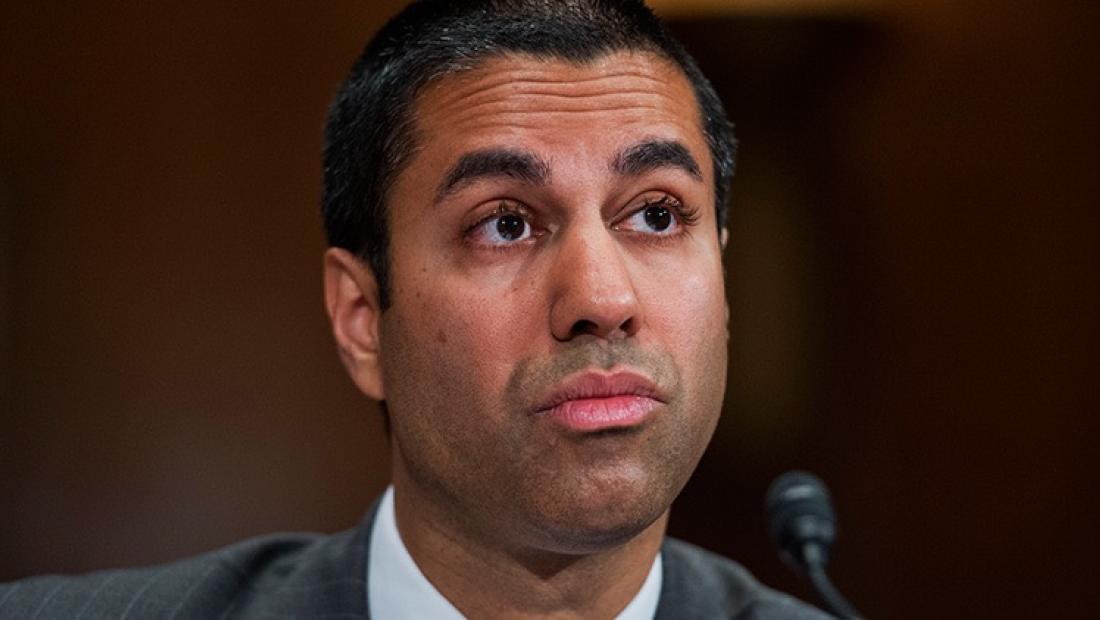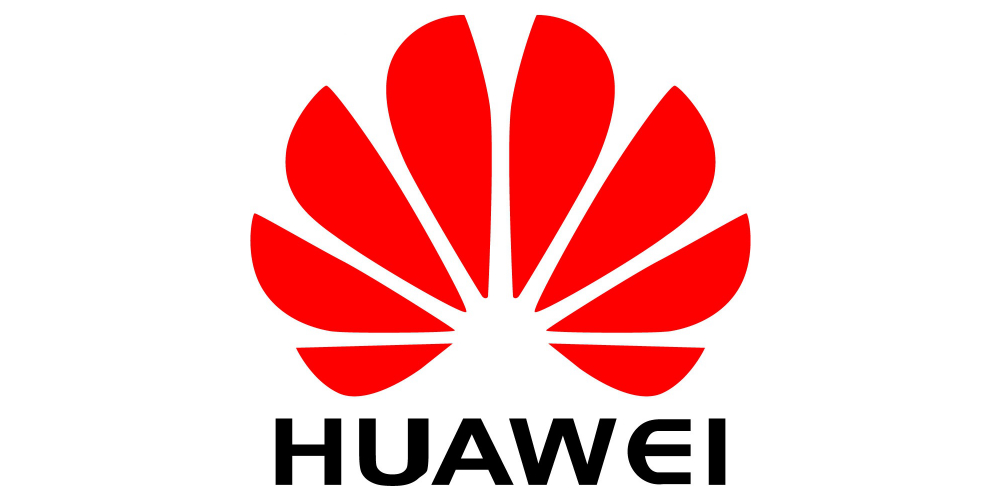FCC's Pai to Senate: Huawei is National Security Threat

The smarter way to stay on top of broadcasting and cable industry. Sign up below
You are now subscribed
Your newsletter sign-up was successful
FCC chair Ajit Pai told Congress this week that he definitely thinks Chinese telecom tech company Huawei is a threat to national security.
That came in a Senate Appropriations Financial Services and General Government Subcommittee budget hearing featuring the chairman.
He was grilled on the issue from both Sen. Chris Van Hollen (D-Md.) and Sen. James Lankford (R-Okla.).
Lankford asked about the chairman's proposal to deny an application by state-owned China Mobile to interconnect with U.S. phone networks and asked if there were anything else Congress needed to be concerned about.
Pai said he hoped his colleagues would support the China Mobile proposal, then brought up supply chain security issues.
The FCC is currently considering banning the use Universal Service Fund broadband subsidies by companies that use suspect Chinese tech. That was the supply chain issue Pai was referencing and he has already told the Hill he hopes the FCC can move soon on that.

"What I will say," Pai told Lankford, "is I believe that certain Chinese suppliers, such as Huawei, do indeed present a threat to the United States, either on their own or because of Chinese domestic law. For example, China's national intelligence law explicitly requires any individual or entity subject to that law to comply with requests to intelligence services."
The smarter way to stay on top of broadcasting and cable industry. Sign up below
He said that poses a problem for 5G networks deployed in one country that could be managed by software that is resident in another country.
As he had told Senator Van Hollen earlier in the hearing, Pai said that risk to 5G networks "on our shores" is "unacceptable."
Pai told Van Hollen that "the FCC believes that the deployment of equipment or services by companies that receive federal funds from us that represent a national security threat to the United States is unacceptable. We can't assume that risk."
He said the FCC needed to think about security at the front end of 5G networks, rather than worrying about it as an afterthought.
Huawei president Ren Zhengfei has said his company does not spy or provide technological back doors to its products.
It has been a year this month since the FCC opened a proceeding on potentially barring Universal Service Fund (USF) subsidy money from being used to buy equipment or services from a company posing a national security threat to a U.S. communications network or supply chain. USF is the government subsidy program for advanced telecommunications to areas that are difficult to reach, either because of geography or economics.
Related: Huawei Pushes Back Hard at FCC
The FCC proposed applying the prohibition only to future equipment purchases and not requiring carriers to remove equipment from companies identified as a threat, though it asked about such retroactive removal.
According to senior FCC officials speaking on background, the proposal stemmed, in part, from a Dec. 20, 2017, letter from Congress expressing concerns about Chinese companies Huawei and ZTE, plus a follow-up intelligence briefing, both of which were described as impetuses to the effort to monitor the supply chain.
Huawei and ZTE have long been the objects of intense scrutiny in Washington over their alleged ties to the Chinese government. That has manifested itself in a congressionally-imposed ban on their tech in government contracts and more.
The various FCC commissioners have a number of issues with the potential ban, including whether it would disproportionately hurt smaller providers, how a company would be identified as a threat, what tech would be affected, and striking the right balance between protecting security and not making it harder to deploy plant.
Contributing editor John Eggerton has been an editor and/or writer on media regulation, legislation and policy for over four decades, including covering the FCC, FTC, Congress, the major media trade associations, and the federal courts. In addition to Multichannel News and Broadcasting + Cable, his work has appeared in Radio World, TV Technology, TV Fax, This Week in Consumer Electronics, Variety and the Encyclopedia Britannica.

